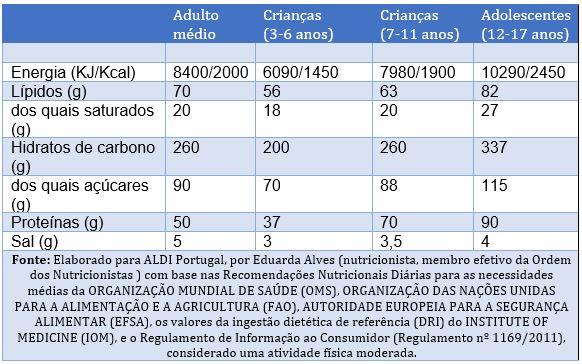
I dates, anti-inflammatory and natural remineralizers, are excellent potassium source and other mineral salts.
In the right quantities, they can also be consumed in case of hyperglycemia or low calorie diet! Let's find out better.
- Description of the plant
- Properties and benefits of dates
- Calories and nutritional values of dates
- Dates, allies of
- How dates are eaten
Description of the plant
La date plant (Phoenix dactylifera) is native to North Africa, but is now grown in various tropical regions around the world.
It is a very tall palm tree, which can reach up to 30 meters and produce up to 50 kilos of fruit a year, which are generally sold dried.
Properties and benefits of dates
from chewy consistency and sweet taste, dried dates are rich in nutrients and property.
Here are some of them:
- Energizers: rich in minerals, vitamins and calories, they are an excellent source of ready energy, useful in case of fatigue, debilitation or as a pre or post workout snack;
- promote the instestinal health: thanks to the fiber content, they favor intestinal transit and a good quality of the microbiota;
- promote the brain health: thanks to the anti-inflammatory and antioxidant properties, they reduce the risk of neurodegenerative diseases and improve memory, cognitive abilities and anxiety.
- promote the bone health: Rich in minerals such as phosphorus, calcium, potassium and magnesium, they prevent certain conditions related to bone health, such as osteoporosis.
- reduce the risk of chronic diseases: rich in antioxidants, they inhibit the formation and activity of free radicals, associated with cellular aging and the onset of chronic diseases. They are therefore useful for combating cardiovascular diseases, type 2 diabetes, tumors and neurodegenerative diseases.
Calories and nutritional values of dates
In 100 g of dates dried we find:
In addition, dates are rich in:
Magnesium
Potassium
Phosphorus and Potassium
Soccer
Vitamin B6.
Compared to other dehydrated fruit, such as figs or raisins, dates have the highest antioxidant content, including flavonoids, carotenoids and phenolic acid.
Having been deprived of water, dried dates (as well as all dehydrated fruit) are higher in calories and simple sugars than fresh fruit.
However, an average portion of dehydrated fruit is equal to 30 g. This provides a quantity of calories, carbohydrates and simple sugars very similar to that of a standard portion of 150 g of fresh fruit!
Here because, when consumed in suitable quantities, they do not pose a risk to blood sugar and are not contraindicated in the case of a low-calorie or hyperglycemic diet.
Dates, allies of
- Cardiovascular system
- Nervous system
- Intestine
- Skin.
How dates are eaten
The dates they are very versatile and they can be consumed in various ways.
For example:
- the snack: given the content of simple sugars, it would be preferable to combine them with dried fruit in shell, such as almonds or walnuts, in order to reduce the glycemic impact;
- flavor salads or yogurt;
- to flavor cakes or biscuits homemade, in which they can be added in pieces or by blending them e creating a puree.
Dates among foods against low blood pressure
Other articles on dates:
The fruit of autumn: dates, figs and grapes
Raw cookies with dates
3 recipes with dates
Bibliography and sources
Impact of palm date consumption on microbiota growth and large intestinal health: a randomised, controlled, cross-over, human intervention study, British Journal of Nutrition
Therapeutic effects of date fruits (Phoenix dactylifera) in the prevention of diseases via modulation of anti-inflammatory, anti-oxidant and anti-tumour activity, International Journal of Clinical and Experimental Medicine
Beneficial effects of date palm fruits on neurodegenerative diseases, Neural Regeneration Research
The role of nutrients in bone health, from A to Z, Critical Reviews in Food Science and Nutrition
Dried fruits: excellent in vitro and in vivo antioxidants, Journal of the American College of Nutrition


























